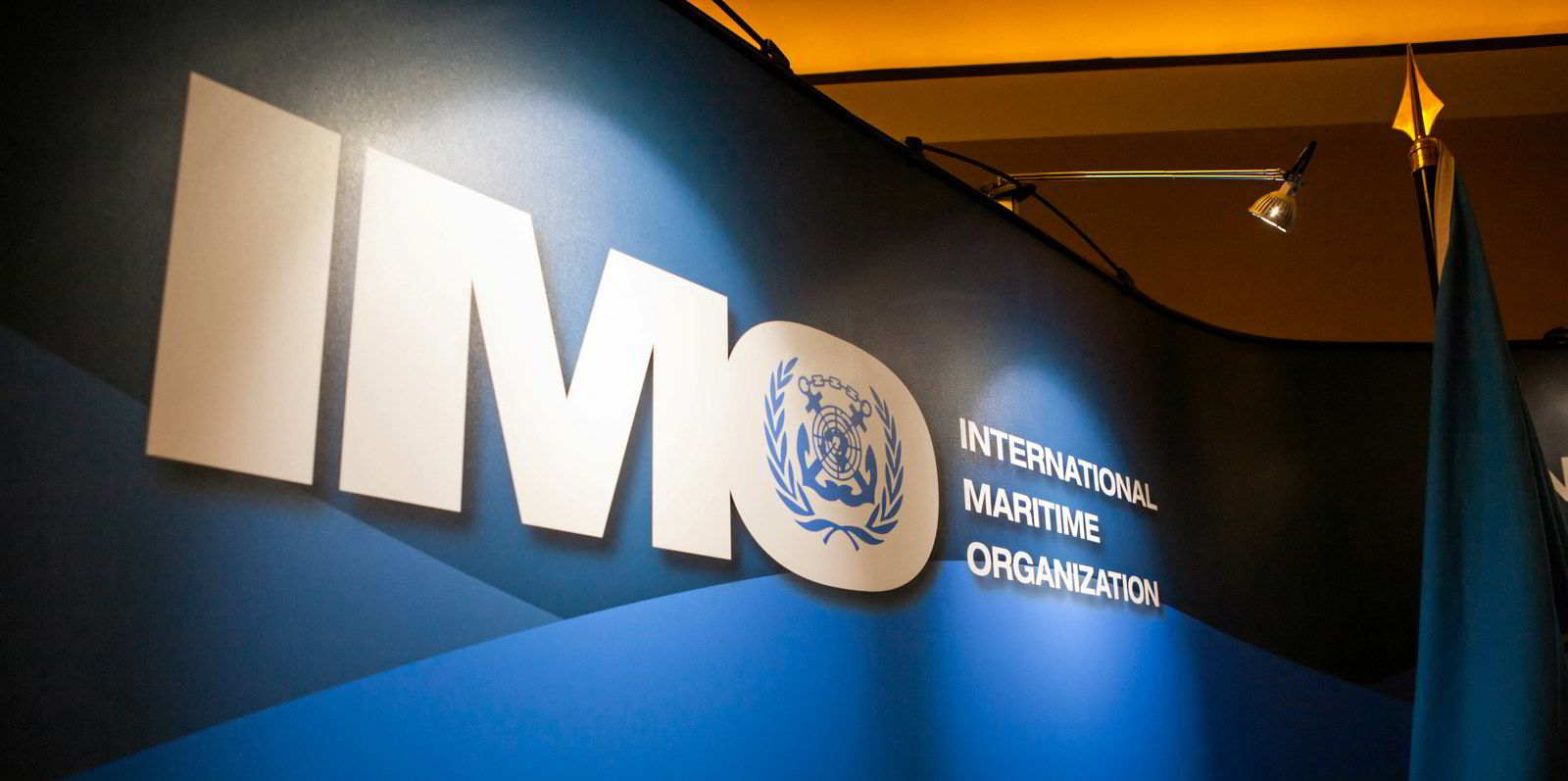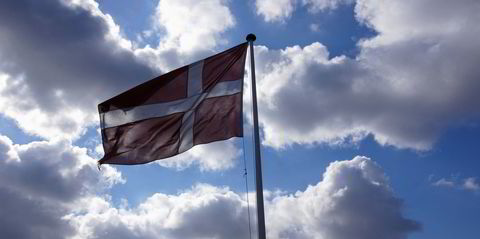ABS will head a project for the European Union to analyse the effectiveness of International Maritime Organization regulations to cut carbon emissions, and provide recommendations for their development.
The US classification society said it will partner independent maritime environmental consultancy Arcsilea to study the IMO’s Carbon Intensity Indicator (CII), Energy Efficient Existing Ship Index (EEXI) and Energy Efficiency Design Index framework of rules.
The 15-month technical study for the European Commission’s Directorate-General for Mobility & Transport (DG MOVE) will provide advice for effective implementation and enforcement of the regulations, it added.
The Future of Ship Energy Efficiency Measures project is part of the Smart and Sustainable Mobility Strategy adopted by the European Commission, which calls for the EU to establish sustainability standards with the IMO.
“ABS is well placed to understand how the measures are performing today and how they can be enhanced to deliver on sustainability objectives,” said Georgios Plevrakis, ABS vice president, global sustainability.
“Energy efficiency measures are cumulatively changing the shape of our industry before our eyes.
“We can see how they are driving change on fleets and operations as owners understand how to adapt their existing assets and new orders to perform in the new business environment.”
Arcsilea founder and principal consultant Edwin Pang said the collaboration with DG MOVE and ABS aims to drive “practical improvements to the IMO short-term measures”.
Pang, a naval architect who is chairman of the IMO committee at the Royal Institution of Naval Architects, specialises in strategic, regulatory and technical aspects for greenhouse gases and CO2 emissions.






